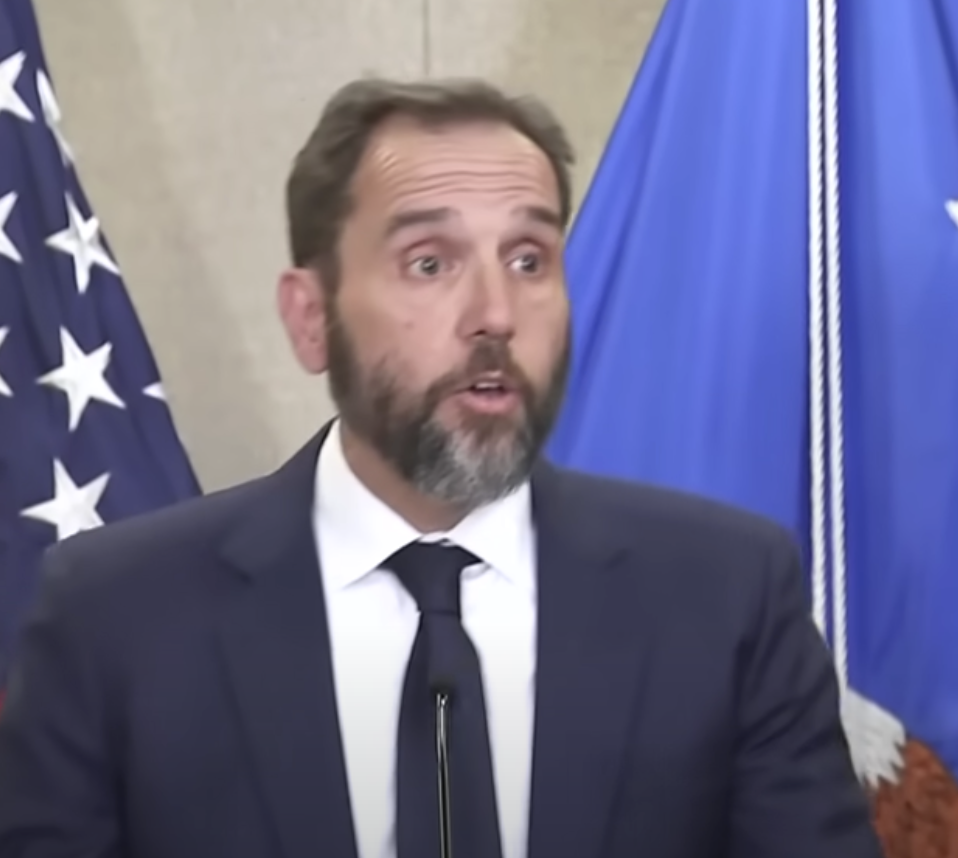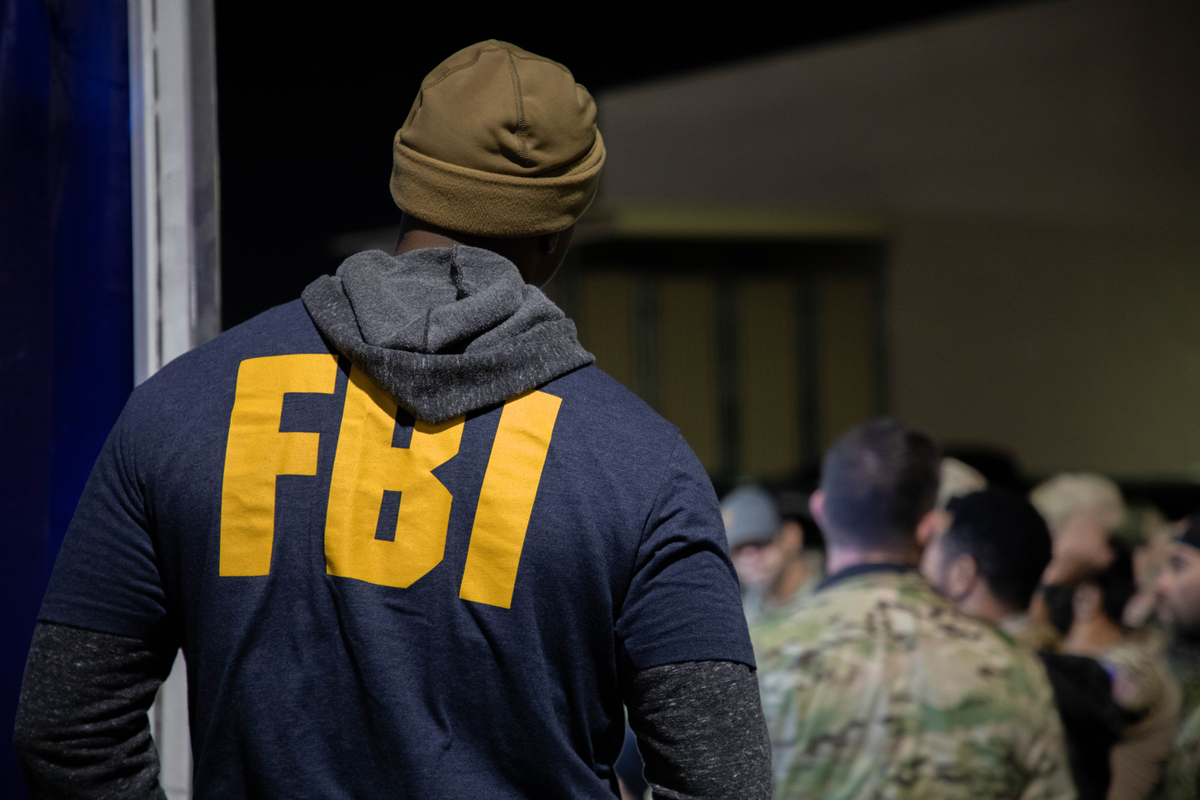Jerry Capeci is regarded as an expert on the mob. His website, Gang Land News, is a subscription-based website. This article was republished with permission.
 By Jerry Capeci
By Jerry Capeci
Gang Land News
Lester Zullo was a key player in an almost comical Gang That Couldn’t Shoot Straight event when he ran with a violent Luchese family crew back in 1992. But nine years later, he had two serious problems: a federal indictment, and throat cancer. So he agreed to flip. He got a new identity in the Witness Protection Program, and quietly helped send a bunch of Luchese mobsters to prison for murder and racketeering.
The government never called him, but Zullo was all set to testify against NYPD rogue detectives, Louis Eppolitto and Steve Caracappa, the so-called Mafia Cops who carried out hits and fingered targets for Luchese underboss Anthony (Gaspipe) Casso.
But that was a long time ago. These days, mobster Joseph (Joey Flowers) Tangorra, and all the other wiseguys and mob associates who Zullo helped send to prison, have been released. And Zullo, 67, who was disabled when he joined Team America, is forgotten history, like water under the bridge, as far as the feds are concerned. His wife, also 67, is also disabled and suffers her own medical ailments. Their government funding — about $3100 a month — was cut off in June of 2014.
The move came after Zullo was assured — year after year — that wouldn’t happen, the ex-gangster told Gang Land. The couple have little to fall back on: Their savings from a malpractice award Zullo got for faulty laryngeal surgery to remove his voice box is almost gone.
Their disability and social security payments barely cover their rent. Their monthly rent where they’ve lived for 17 years is currently $1421. Their combined monthly income from disability and social security is $1740.
“In less than a few months,” Zullo rasped, speaking with the aid of a mechanical voice box, “we’ll be living in a car.”
Easy Decision
It wasn’t a difficult decision for Zullo to decide to cooperate. He and six others, including then-capo Tangorra, then-acting underboss Eugene (Boobsie) Castelle, and soldiers John (Big John) Castellucci and Scott Gervasi were hit with racketeering charges in December of 2000. At the time, Zullo had already been diagnosed with cancer and was suffering serious after-effects from having his voice box removed.
The feds were also looking to put him away as a shooter in the fouled-up hit he and Tangorra had attempted. Zullo, aiming at their target from the top step of a Brooklyn apartment building, mistakenly hit Tangorra in the back when Joey Flowers suddenly appeared at the bottom of the stairs. In hindsight, it’s obvious they were both at fault, but Zullo took the weight, likely because it was the wounded Tangorra who shot and maimed their victim. Within days of his arrest, according to court records, Zullo, who was indicted as “Lester Ellis,” a name he often used, pleaded guilty. He was released on bail, secured by an annuity he got for his malpractice award.
He soon began fingering codefendants and other cohorts in the Luchese and Genovese families for a slew of crimes, including murder, arson and drug dealing. His cooperation was “outstanding” in helping prosecutors convict many members of a “violent Bensonhurst Crew” that used a series of store fronts, a social club, and an off-track betting parlor to operate a 13-year-long racketeering enterprise, former Brooklyn federal prosecutor William Gurin wrote in an August 14, 2006 sentencing memo that detailed Zullo’s cooperation.
In addition to “being an important factor in convincing” his codefendants to plead guilty rather than go to trial, Zullo gave the FBI and NYPD “significant information concerning criminal activity” by more than a dozen mobsters and associates, including Eppolito and Caracappa, Gurin wrote. Two of those named by Zullo, Boobsie Castelle, 58, and his brother, Big John Castellucci, 59, did about seven and four years respectively in the case. The prison stretches apparently did not change their criminal ways: The two are now facing new racketeering charges in Manhattan.
Tangorra, 69, got 16 years in a plea deal for the 1988 murder of a suspected informer, and the 1992 attempted murder of the victim Zullo missed. Joey Flowers got out of prison in 2014, the same year Zullo told Gang Land that the government had cut his funding. Uncle Sam’s manner in cutting him off, according to Zullo, was cruel and unusual punishment. It came shortly after he was diagnosed with another form of throat cancer, and had spent two months on a feeding tube, following a 10-hour-long operation during which doctors “took veins, arteries and flesh from my arm to rebuild my throat.”
The U.S. Marshals Service and the Department of Justice’s Office of Enforcement Operations, (OEO) which oversees what is officially called the Witness Security Program about Zullo’s account did not return calls about Ellis-Zullo’s complaints.
That’s not surprising since the New York FBI doesn’t return Gang Land’s calls about arrests that it made yesterday, let alone deals it cut with wiseguys decades ago. You wouldn’t know it from the DOJ website, however: It proudly states that the agency has relocated and protected more than 8600 witnesses since 1971.
Scared Of His Shadow
Zullo’s lawyer, Jeremy Gutman, also didn’t respond to numerous requests for comment. That didn’t surprise Zullo who told us: “He’s scared of his shadow and won’t call you back, even though I told him to.” Assistant U.S. Attorney Elizabeth Geddes, whom Zullo stated “did everything she could but struck out,” did call back but declined all comment. Zullo isn’t the first protected witness to cry foul to Gang Land. But he’s the first one to speak out publicly, and back up many of his claims with emails and texts he’s gotten over the years, and declare: “Everything I’ve said is true. I can back up a lot of it, and they can’t disprove anything.”
Zullo’s first inkling that something was amiss came in June of 2013, when he got a letter stating that OEO was reviewing the funding he’d been receiving since he entered the so-called WitSec program in 2001 as a disabled witness.
“When I first came in, I was told that in cases where people like me who were disabled there were exceptions made and we wouldn’t have to worry,” Zullo recalled. But he and his wife were worried so he reached out to the deputy marshal who’d been his contact from the get-go. The deputy told Zullo to relax.
“EVERYBODY in program getting ltr regarding termination of funding, 90 percent not term from funding due to unique circumstances, u have those circumstances, but ltr needs to be served on ALL,” reads the text that Zullo received at 4:35 pm on June 19, 2013. Five months later, in November, Zullo was diagnosed with a cancer of the pharynx, a tube inside the neck that runs from behind the nose to the top of the windpipe.
After doctors dealt with blockages in two arteries and nodules on his lungs that showed up in CT scans, Zullo underwent pharyngeal surgery in February of 2014. “This was a big operation,” said Zullo. “My left forearm was used for the donor site.
That’s where they took the veins and arteries and flesh to use to rebuild my throat. I have limited use of that arm. I was on a feeding tube for about two months.” Since he had entered the WitSec program “already disabled from cancer of the larynx” and survived a second bout with throat cancer, Zullo decided to look at the bright side, he recalled.
“I figured for sure now that since I just had cancer again at my age, I should really not have to worry about losing the funding. But come June 2014, two months after they removed the feeding tubes and the cast on my arm, they came and told me funding was over. June was my last check.”
By then, his original deputy marshal contact had retired, said Zullo. “So what he told me all along about being ‘a lifer’ — that was the term he used — and not to worry about the re-evaluations in 2013 was BS. We thought he was a good guy but he told us we would never have to worry about funding because of our disabilities. And this was before I was diagnosed with cancer again later that year. We were told when we got old we’d be put in ‘assisted living’ as long as our monthly stipend covered it.”
Gerald Shur, who ran the WPP from 1971 to 1995, told Gang Land “there were disabled people while I was running the program, and we took care of them. We didn’t take care of them in the style they may have liked, but in a manner that was commensurate and appropriate to the community where they were living.” The funds used for that purpose during his tenure, and in 2018, said Shur, are in a “special fund that is allocated to maintain witnesses and is administered by the Marshals Service.”
Keep Him Alive
Shur stressed that the primary purpose of every deputy marshal to his witness “is to keep him alive.” But Shur acknowledged that they also have a vast network of state and local community contacts who can assist in getting welfare, food stamps, rent money, and other benefits for relocated witnesses — and that they are supposed to use them, provided the witness doesn’t return to his criminal ways. “I haven’t even got a parking ticket since I’ve been in the program,” said Zullo. Shur said there is also a grievance process, during which “OEO serves as sort of an ombudsman” for witnesses. They have the ability to appeal decisions by a deputy, or by the U.S. Marshals Service, and he opined that sometimes it’s a good idea to hire a “young, aggressive Legal Aid lawyer.”
Since his funding was canceled, Zullo has had two new deputy marshals as contacts. His first one, a woman, “told me to go sleep in a church if I had no place to go,” he said. Instead, in order to pay his rent, he decided to cash in an annuity worth $148,000 that he had wanted to keep as an insurance policy if he died. Because it was in his prior name, he had to use his new deputy to do that. He said it cost him $30,000 in fees — and more than six months — for him to get a one lump sum. After paying $20,000 in credit card and other debts, the $98,000 he netted is almost gone, he said.
To help make ends meet, Zullo said his wife of 44 years sold her engagement ring and other jewelry she had. Zullo said that in November of 2015 his second replacement deputy marshal and his supervisor “came to the house and said it looked like we’d be funded again and he would let me know in a couple of weeks but he never called back.” Under urging from AUSA Geddes, who promised to vouch for his needs, Zullo filed an appeal with OEO. After waiting nearly a year, he lost that too.
A few days after Gang Land called Geddes and Gutman and began looking into Zullo’s complaint, his deputy marshal called and left him a voice mail message. “I just wanted to ask you,” he said, “Are you guys planning on moving to a new apartment? They would like to know whether you guys are moving.”
Mr. and Mrs. Zullo may have to move, but it won’t be to a new apartment.
“We will be homeless soon,” Zullo said. “We will be penniless soon. In less than a few months, we’ll be living in a 2011 Kia Forte.”





